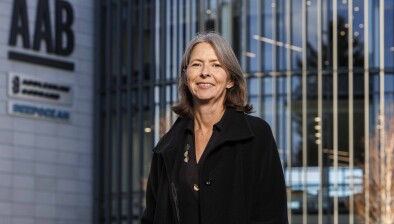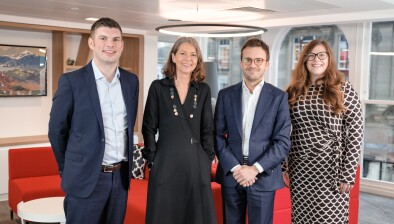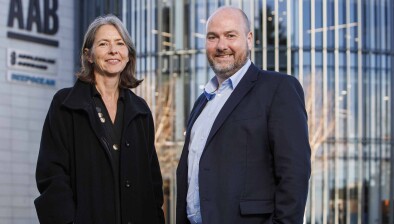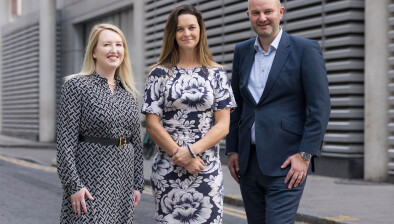Tax and immigration powers should be transferred to largest Scottish cities, report recommends

Mark Bell
Tax-raising and immigration powers should be devolved to Scotland’s three largest cities, alongside an overhaul of business rates and major investment in connectivity, according to a new report.
A major academic study commissioned by Brodies LLP, Anderson Anderson & Brown and Aberdeen, Glasgow and Edinburgh Chambers of Commerce has found that the Covid-19 pandemic, the climate crisis and Brexit have combined to create a potentially “toxic” cocktail of change for urban Scotland.
Scotland’s Urban AGE 2022, which follows a previous 2018 report, calls on businesses and all levels of government to collaborate to ensure these cities overcome the challenges they face in this period of rapid and profound change.
Professor Brian Evans, head of urbanism at the Glasgow School of Art and an advisor to the United Nations Economic Commission for Europe, led the research team and estimates that city inhabitants will soon outnumber rural dwellers for the first time in human history.
He said that Scotland needs the AGE (Aberdeen, Glasgow and Edinburgh) city regions “at the top of their game” if it is to remain globally competitive. “Cities need to be dynamic, or they decline,” he warns.
Despite accounting for just 22% of Scotland’s land mass, these city regions house 68% of the population and account for 73% of the country’s GVA.
However, a consequence of this centripetal position is that these cities have been hit hardest by the Covid-19 pandemic, which hollowed out shared spaces, devastated high streets and accelerated societal change. Together they lost 124 weeks of sales, more than any city in neighbouring England, due to stricter pandemic measures.
Mark Bell, co-founder and partner at AAB Consulting, said: “We were delighted to be involved in the discussion leading to this report. While we don’t need to agree with everything in the report it does provide a lot of food for thought. Our focus is on what it means for the thousands of businesses we support across the three cities.
“Our message is clear. A lot has happened since 2018 but not much has changed; we need to stop talking about what could be done and start doing it; and we need to grasp the opportunities arising in the post-pandemic world and the increased focus on the climate emergency.”
Speaking on behalf of the three Chambers, Russell Borthwick, chief executive of Aberdeen & Grampian Chamber of Commerce, said: “The updated report considers what has changed in light of the pandemic and the accelerating net zero carbon agenda, and also the many fundamentals which have not.
“It must be used to provide the launchpad to propel Scotland forward in the century of the city. And we ask Scotland’s policy makers to urgently work together with business communities to make the necessary interventions that will shape the next chapter for our AGE cities – and it must happen at pace.
“As agents of positive change, Chambers of Commerce and our project partners stand ready to play our part. Doing, not just talking.”
Elaine Farquharson-Black, partner and co-head of planning at Brodies, added: “The recommendations set out in the report come at a critical time for our cities and provide useful direction to encourage economic recovery at a time of unprecedented change.
“With offices in all three of the AGE cities, Brodies is acutely aware not only of the challenges which each city faces, but also the importance of their success to the national economy. We need the AGE cities to be vibrant places for people to live, work and visit. It is now our collective responsibility to implement the recommendations of SUA2 through collaboration, investment and commitment.”







